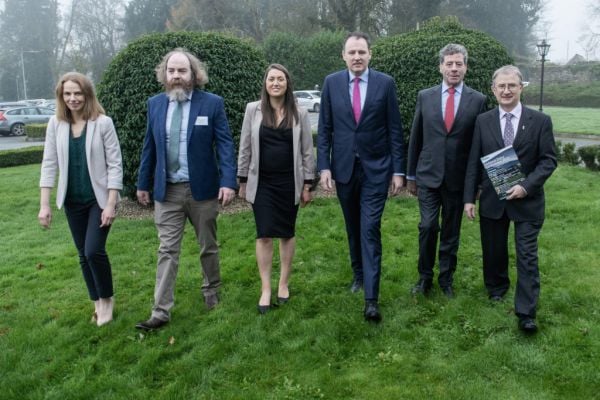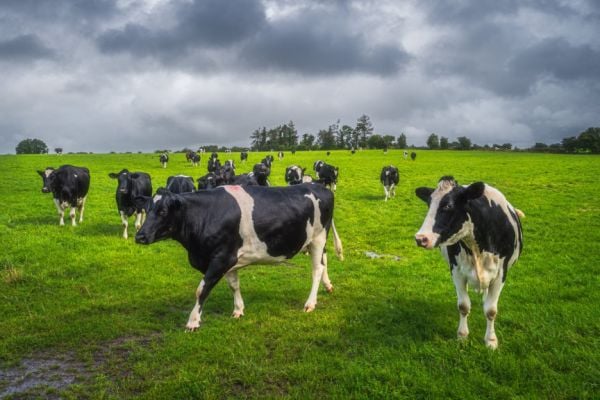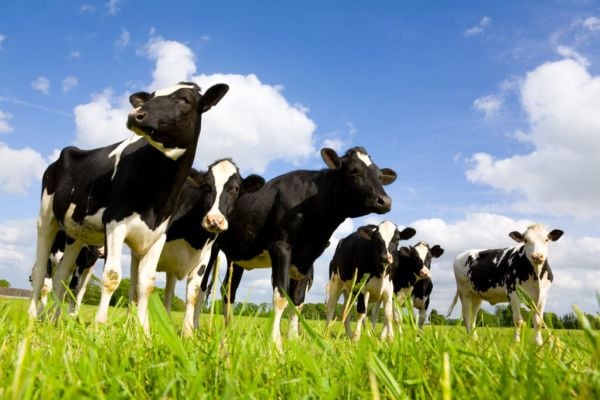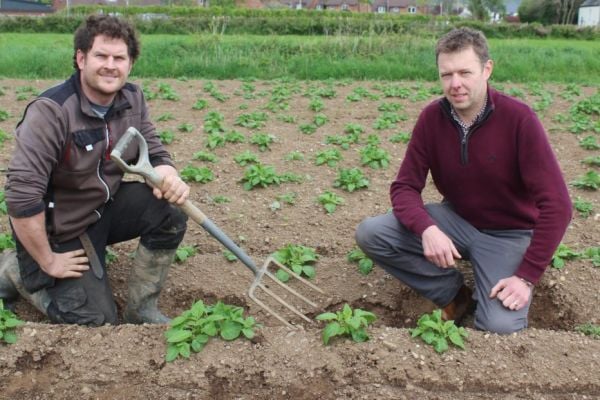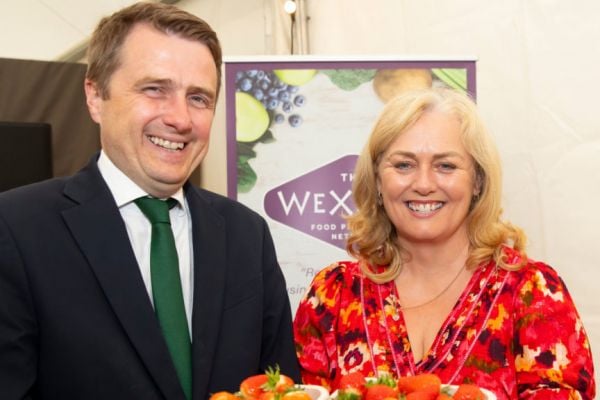Hundreds of dairy farmers gathered in Kilkenny on 29 November for the Teagasc National Dairy Conference, called ‘Adapting to a changing dairy-farming environment.’
The Minister for Agriculture, Food and the Marine, Charlie McConalogue, opened the conference and said that the Irish dairy industry remains one of Ireland’s success stories.
“Dairy farmers are among the most resilient stakeholders in the country, producing over 8.8 billion litres of milk annually, with one of the lowest carbon footprints in the world, and with ambitions to make it even lower,” McConalogue said.
Impact On Incomes
Teagasc director Professor Frank O’Mara noted that 2023 has been a difficult year for dairy farmers, with incomes falling.
However, he did point to an expected rise in farmers’ incomes in 2024.
“There is a need to relentlessly focus on costs, specifically on some of the key metrics, such as pasture utilised per hectare and the percentage of pasture in the cow’s diet, which both impact positively on profit,” O’Mara noted.
No Stone Unturned
O’Mara said that we need to stabilise and improve water quality.
“We should leave no stone unturned to improve water quality, and in Teagasc, we will be prioritising that,” he added.
Teagasc researcher Marion Beecher told the audience that farming requires over 120 skills that can be divided into six categories: business, people, animals, production, compliance and machinery.
Attracting And Retaining Staff
At the conference, dairy farmers Brendan Joyce, from Co. Kilkenny, and John Whelan, from Co. Wexford, outlined how they attract and retain staff.
Both farmers highlighted the importance of having good facilities, proper working procedures, and technology as being key to running their farms efficiently, profitably, and in an environmentally sustainable way.
In the afternoon, the conference featured a range of practical workshops, wherein attendees met researchers, advisors and leading dairy farmers and discussed a range of issues, such as grazing and nitrogen strategies, future farm stocking-rate decisions, nutrient management technologies, and the potential benefits of flexible milking schedules.
